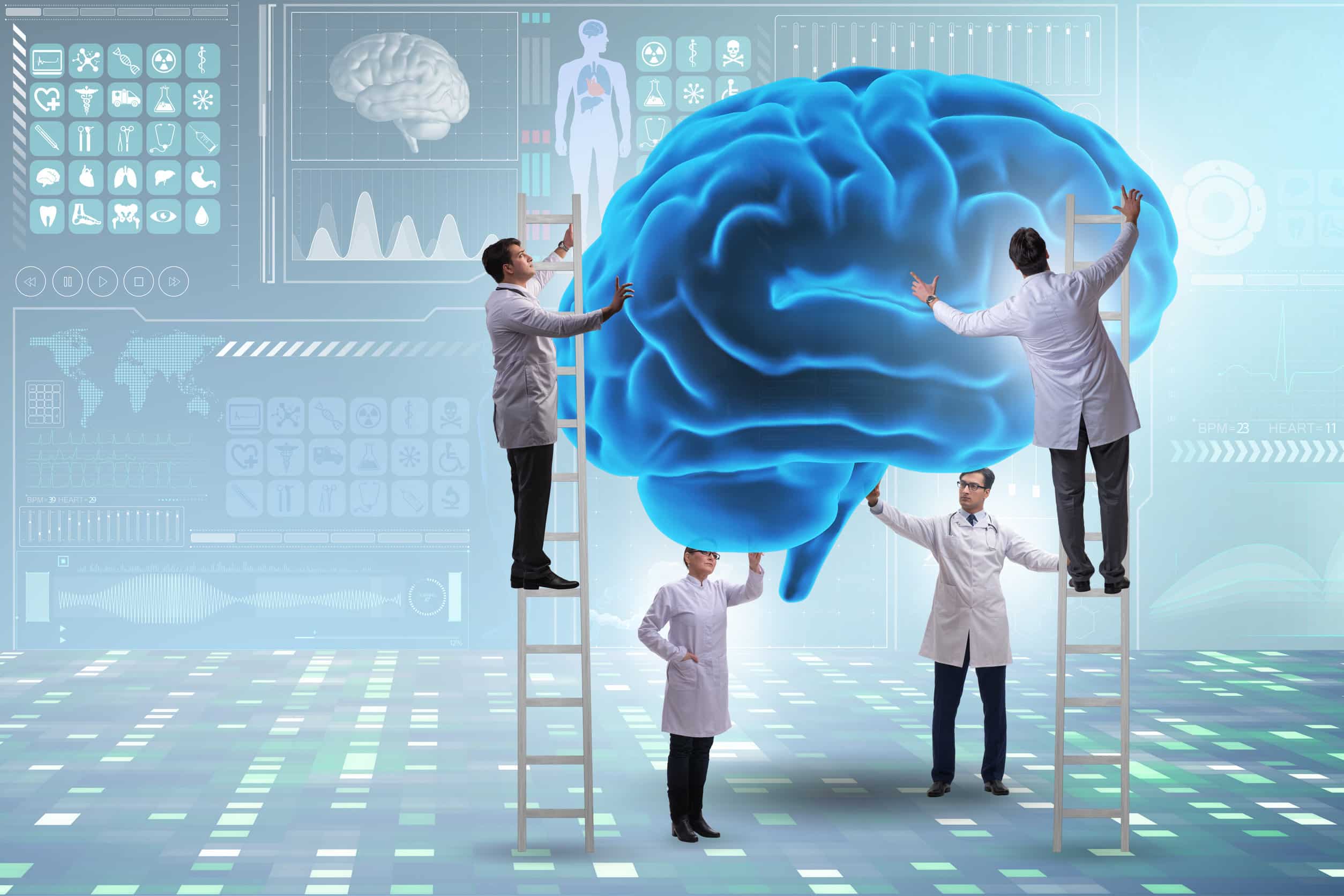Does Neurofeedback Work?
Yes, neurofeedback does work. Research has repeatedly shown that receiving neurofeedback therapy can improve and optimize the way your brain functions.
Why Does Neurofeedback Work?
An essential premise of neurofeedback training is that our brains can change the way they function. Research over several decades reports that our brains are, in fact, malleable. The question, then, is how to influence one’s brain function to stimulate this change.
The trained and professional team at Myneurva provides personalized audio and visual feedback and protocols for clients worldwide that optimize brain function. To learn more please ready the article; What Is Neurofeedback.
How Does Neurofeedback Work?
The most effective way to get our brains to act in desirable ways is to leverage operant conditioning’s behavior-changing power. During an operant conditioning procedure, Myneurva’s clients modify their brain-behavior based on learned consequences.
For example, suppose a dog receives a treat each time it sits on command. In that case, it will eventually learn that sitting leads to treats (which it very much wants). The likelihood increases that it will sit on command in the future.
Humans learn in very similar ways. At Myneurva, we use operant conditioning to teach our clients to promote healthier brain functionality. This is accomplished in neurofeedback training by linking information about one’s brain activity with desirable or undesirable outcomes. When clients generate desirable brain activity, they are rewarded by seeing the video clearly; clients may lose the video’s focus when they generate unwanted activity. Repeated exposure to such gains and losses provides long-lasting changes in brain activity.
The way we treat depression, anxiety, and ADHD, mental illnesses that affect more than 386 million people worldwide, cannot effectively rely on the current one-size-fits-all or trial-and-error approach. When healthcare is more personalized, there are more effective outcomes for clients.
In personalized medicine, like that with Myneurva, it is the goal to prescribe the right treatment, for the right person, by measuring specific biomarkers determined by a comprehensive QEEG analysis and designing personalized protocols for our clients’ neurofeedback sessions. This is crucial because research has proven that neurofeedback improves self-regulation in the brain when appropriately performed.

